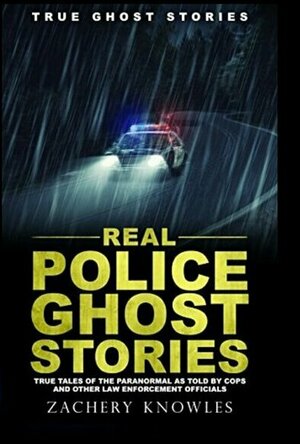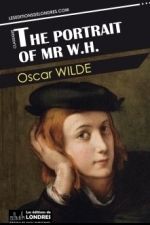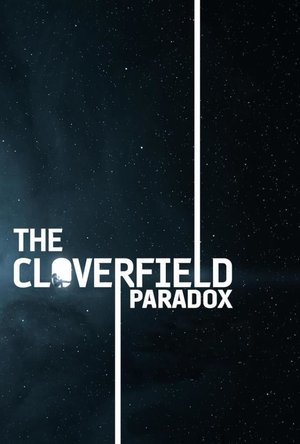Eilidh G Clark (177 KP) rated The Portrait of Mr W.H. in Books
May 14, 2017
Wilde presents a subjective interpretation of Shakespeare’s sonnets that portrays homoerotic sexual desire as the force for creative inspiration. Foremost, through the character Cyril Graham, the author demonstrates that art is ‘an attempt to realise one’s own personality on some imaginative plane out of reach of the trammelling accidents and limitations of real life’, (Wilde, p.111).
Taking from a hypothesis in the previous century by Edmund Malone and Thomas Tyrwhitt, the character of Cyril forms a theory in which Mr W.H. is a young actor named Willie Hughes, employed by Shakespeare and who is the muse to which the sonnets are devoted. Cyril investigates each poem and pieces together a theory he believes to be true.
On the surface, Cyril’s theory derives from feeling and beauty rather than logic and instruction.
The withholding of facts in Shakespeare’s sonnets energises Cyril. He scours the poems to find a clue that harmonise with his own feelings. Cyril believes that Shakespeare influences his readers by guiding them to Willie Hughes.
Cyril, spurned by the moralistic interpretations of previous critics, becomes enthralled by Shakespeare’s muse.
Rodney Barnes (472 KP) rated The Cloverfield Paradox (2018) in Movies
Apr 4, 2019
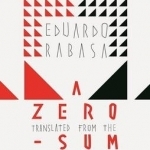
A Zero-Sum Game
Eduardo Rabasa and Christina MacSweeney
Book
"Outstanding political fantasy. Eduardo Rabasa has written a futuristic novel set in the present;...
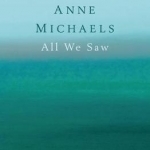
All We Saw
Book
A mesmerising, luminously beautiful new poetry collection from Anne Michaels, internationally...
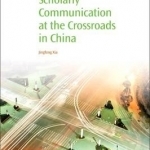
Scholarly Communication at the Crossroads in China
Book
Scholarly Communication at the Crossroads in China follows the dichotomy paradox to focus on both...
Paranormal America: Ghost Encounters, UFO Sightings, Bigfoot Hunts, and Other Curiosities in Religion and Culture
Christopher D. Bader, F. Carson Mencken and Joseph O. Baker
Book
The untold account of the countless Americans who believe in, or personally experience, paranormal...
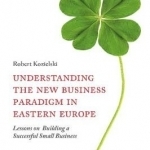
Understanding the New Business Paradigm in Eastern Europe: Lessons on Building a Successful Small Business
Book
It is beyond a doubt that the business landscape is constantly changing with every small business...
